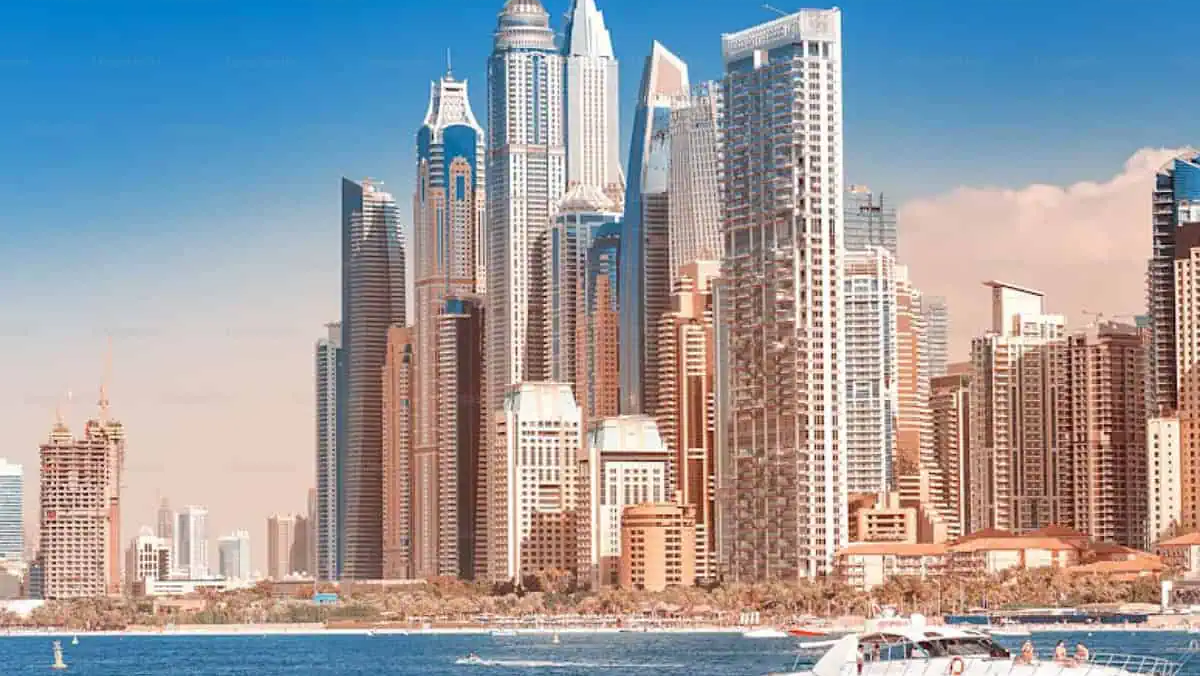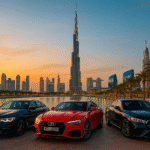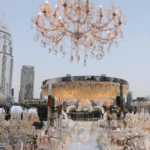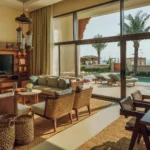Now Reading: Dubai’s Urban Music Scene Is Taking Over the World 2025
-
01
Dubai’s Urban Music Scene Is Taking Over the World 2025
Dubai’s Urban Music Scene Is Taking Over the World 2025

Table of Contents
Dubai, the city known for its skyscrapers, luxury shopping, and futuristic vision, is now making headlines for something fresh urban music. Once considered a minor genre in the UAE, urban music in Dubai is now becoming a powerful cultural force, echoing far beyond the city’s streets into international playlists and streaming charts.
Driven by diverse talent, strong youth culture, and social media influence, the city’s hip-hop, R&B, trap, and Afrobeat artists are changing the way the world hears the Middle East.
A New Sound Emerging from the Desert

Urban music in Dubai started quietly. A decade ago, it was mostly underground local rappers freestyling in parking lots, DJs mixing in small clubs, and independent artists posting homemade videos on YouTube.
But over the past five years, the scene has exploded. Today, urban music events fill venues like Coca-Cola Arena and The Agenda, while top tracks produced in Dubai are gaining millions of streams on platforms like Spotify, Apple Music, and Anghami.
The city’s fast-paced development, multicultural population, and rising interest in alternative music genres have turned Dubai into a new global stage for urban music.
The Faces of Dubai’s Urban Sound
Artists like Freek, The Real SQ, Tac, and Moh Flow are among the pioneers of Dubai’s urban music movement. Freek, a Somali rapper based in the UAE, gained regional fame with his hit “Wala Kilma,” which combined Arabic lyrics with a UK grime beat. His music has been featured on Apple’s Beats 1 and BBC Radio.
Moh Flow, a Syrian-born R&B singer and producer who grew up in Sharjah, is another major name. His smooth vocals and sleek productions earned him international collaborations and performances across Europe and the US.
Female artists are also making their mark. Names like Dina Ayada and Layla Kardan are changing the male-dominated space by bringing soulful vocals, powerful lyrics, and global appeal to the scene.
Their success is not just based on catchy music it’s also about storytelling. Many urban tracks coming out of Dubai talk about real-life struggles, ambition, identity, and culture, making them relatable for fans both in the region and around the world.
Influencers, Social Media, and Music Platforms Fuel the Rise
Dubai’s youth tech-savvy, global-minded, and highly social—have played a major role in popularizing urban music.
Social platforms like TikTok and Instagram have become key tools for music promotion. Viral dance trends, music challenges, and short clips of freestyles often turn unknown artists into overnight stars. In fact, several Dubai-based tracks gained traction only after going viral on TikTok.
Streaming platforms have also helped. With curated playlists like “Made in UAE” and “Arab Hip-Hop,” services like Anghami and Spotify are showcasing local artists to the world. Dubai’s own music platforms and recording studios, like The Sound Gaarden and White Cube, have also created a supportive space for independent artists.
Government and Private Support Creating Infrastructure
The growth of urban music in Dubai is also backed by the city’s push to become a global creative hub. Initiatives like Dubai Culture, Dubai Music Week, and government-backed recording spaces are encouraging more young people to enter the music business.
Even major fashion and lifestyle brands are joining the movement. Collaborations between artists and brands like Adidas, Puma, and Red Bull have given the genre more visibility and funding.
Some real estate projects are even including music studios in their developments to support the creative community.
Festivals and Live Shows Bring the Scene to Life
Urban music festivals are now key events in the city’s entertainment calendar. Events like Sole DXB, Groove on the Grass, and Breakout DXB bring international and local artists together, attracting thousands of fans.
Sole DXB, for example, combines fashion, music, and street culture in a three-day celebration that feels like Dubai’s answer to Coachella. It’s where artists debut new music, fans discover fresh talent, and the energy of the street merges with global glam.
More recently, Dubai Music District has begun hosting regular showcases for emerging talent, offering a professional stage for artists to grow their audience.
Urban Music and the Global Market
The beauty of Dubai’s urban music scene is its global feel. The city is home to over 200 nationalities, and that diversity is reflected in the music Arabic, English, French, Hindi, and African languages often mix in one track.
This multicultural blend makes Dubai’s music naturally exportable. The beats may have local flavor, but the vibe is universal.
In fact, some UAE-based labels and managers are now targeting international markets directly. With partnerships in Europe and Africa, many artists from Dubai are planning world tours, brand deals, and collaborations with global stars.
Even Hollywood and Bollywood are watching. Music supervisors from international studios have reportedly tapped into Dubai’s scene to source new soundtracks and voices.
The Challenges Remain

Despite all the momentum, artists still face challenges. There are limited radio opportunities for urban music, visa issues for touring, and a need for more large-scale production support.
Censorship rules and cultural sensitivities also require artists to balance creative freedom with regional norms. Lyrics, videos, and performances are often self-edited to avoid backlash or platform bans.
Still, artists are adapting. Many use metaphors and coded language to express complex ideas without conflict, showing that creativity can thrive even within boundaries.
What’s Next?
Dubai’s urban music scene is only getting started. With more talent entering the game, new investments flowing in, and rising interest from global players, the city is becoming a serious contender in the world of music.
Music schools, mentorship programs, and digital marketing tools are helping new voices find their footing, while established names are pushing the boundaries of what UAE music can become.
If the current pace continues, Dubai may soon be known not just as a city of luxury, but also as a city of sound where desert dreams meet digital beats, and street-born stories reach the global stage.
Read More:- Why Smaller Lawns Are Smarter: Save Water and Money Fast 2025





















